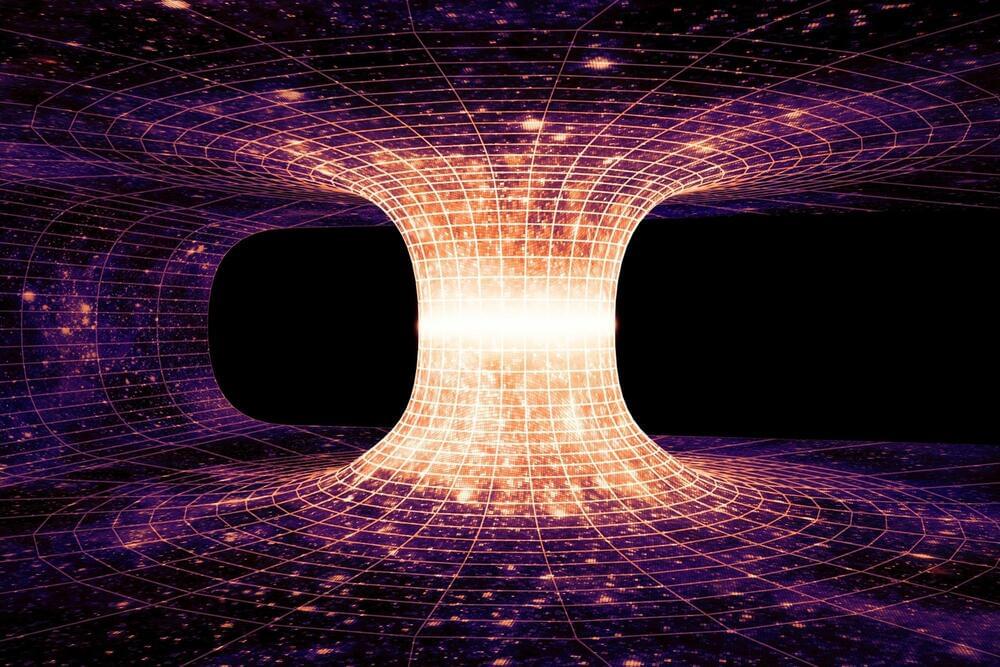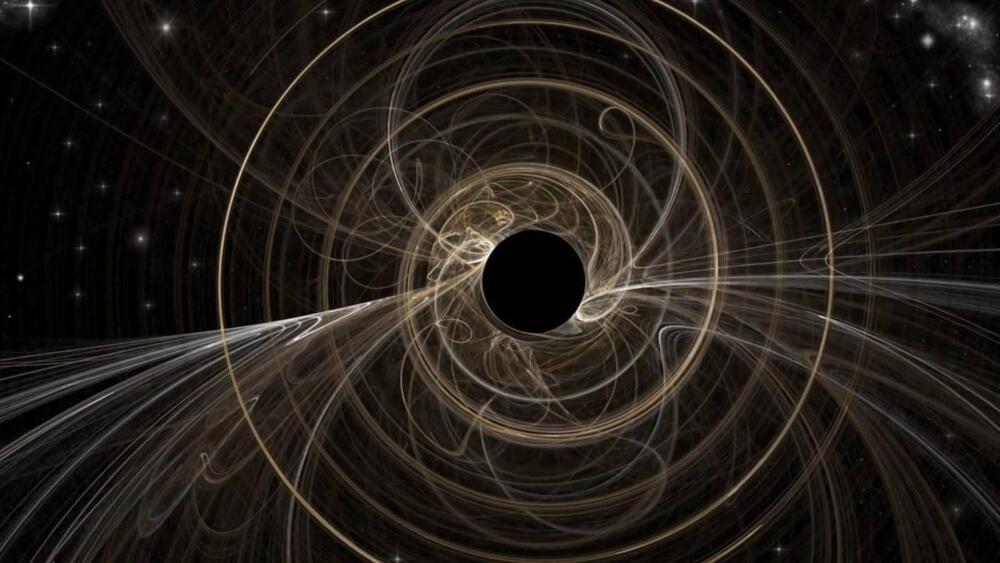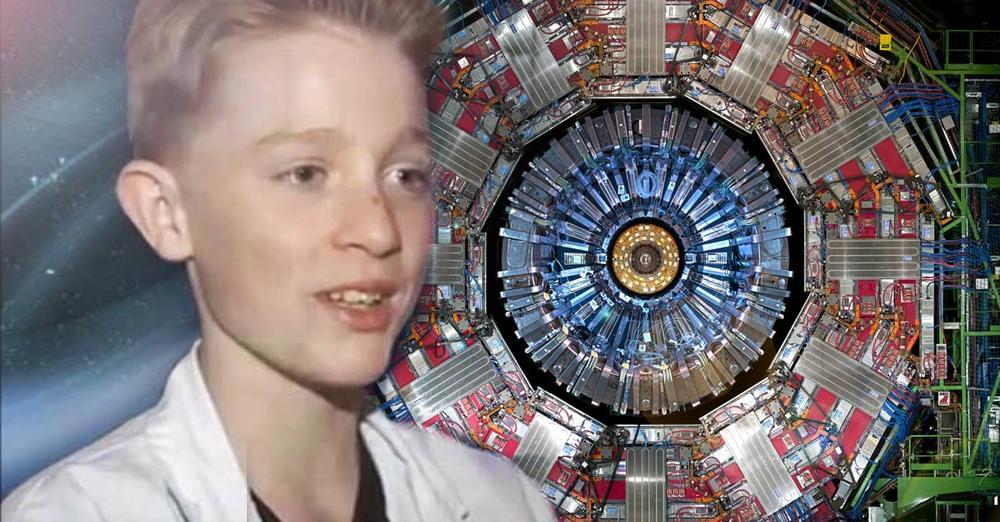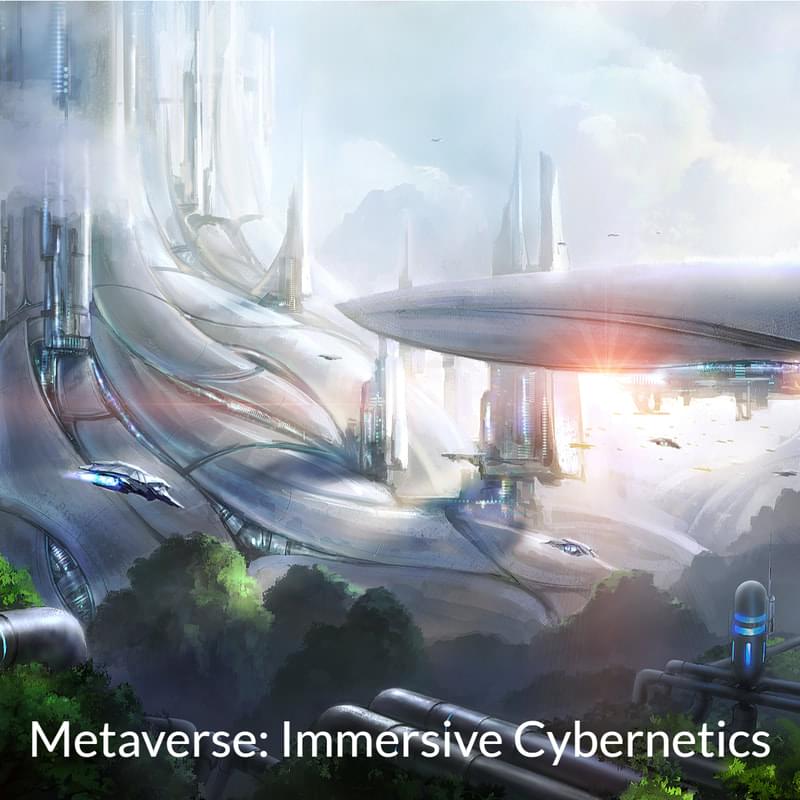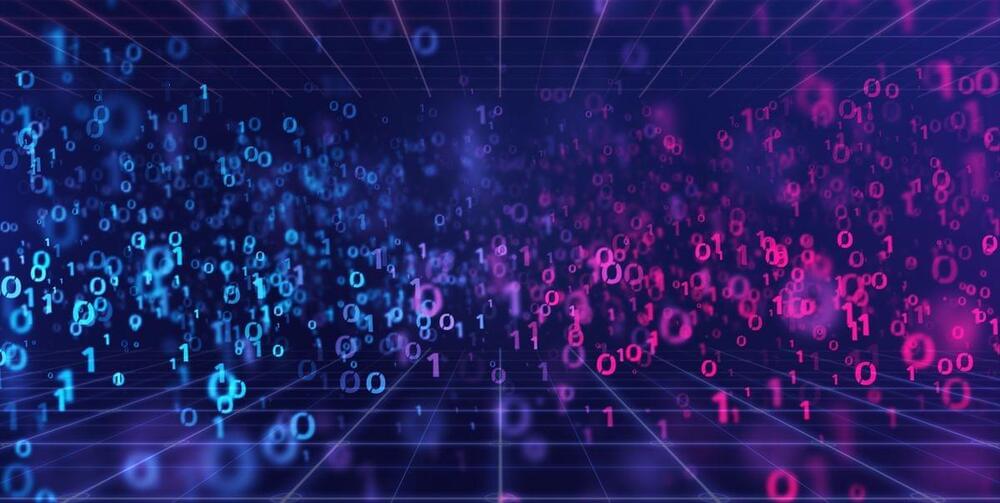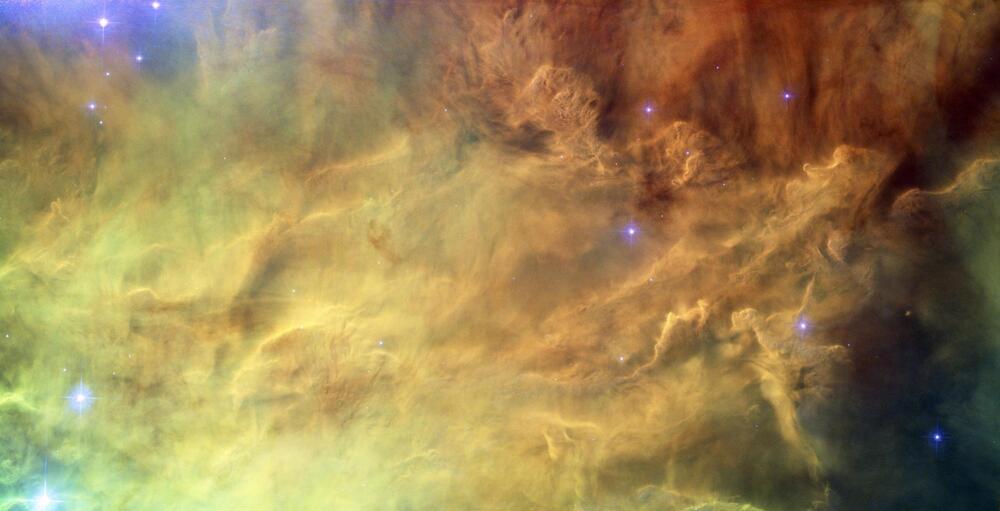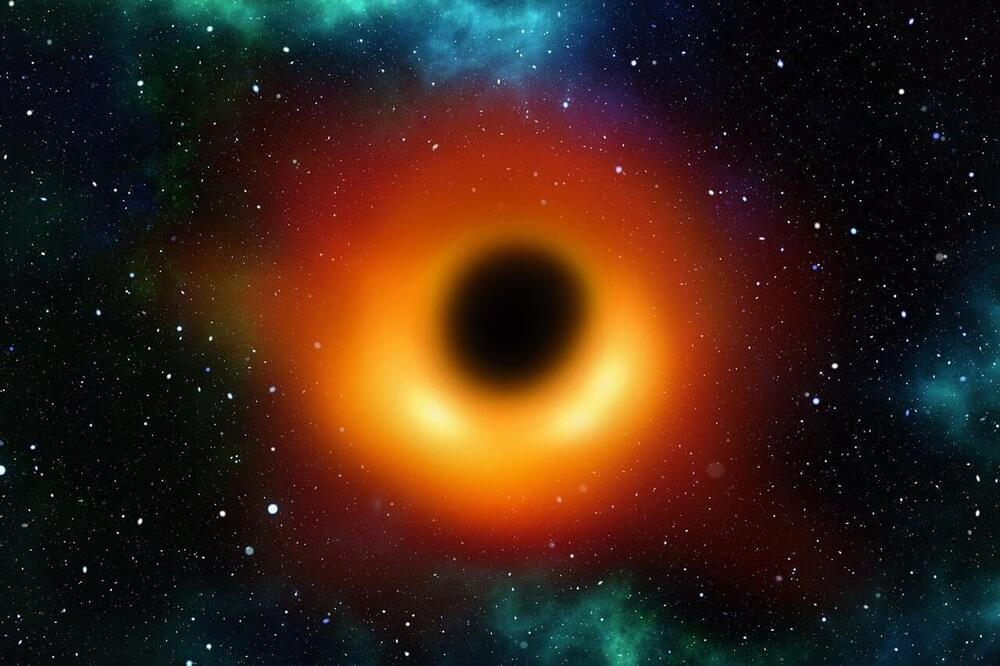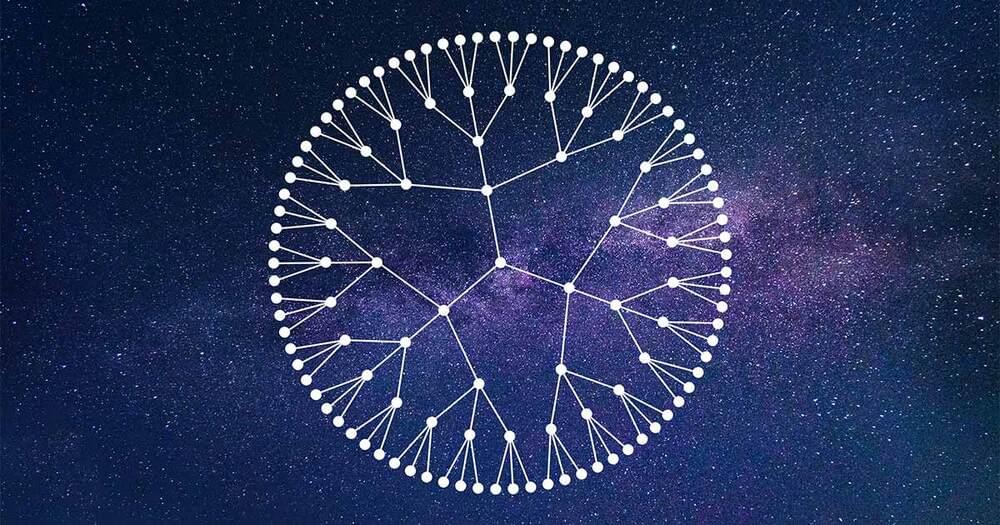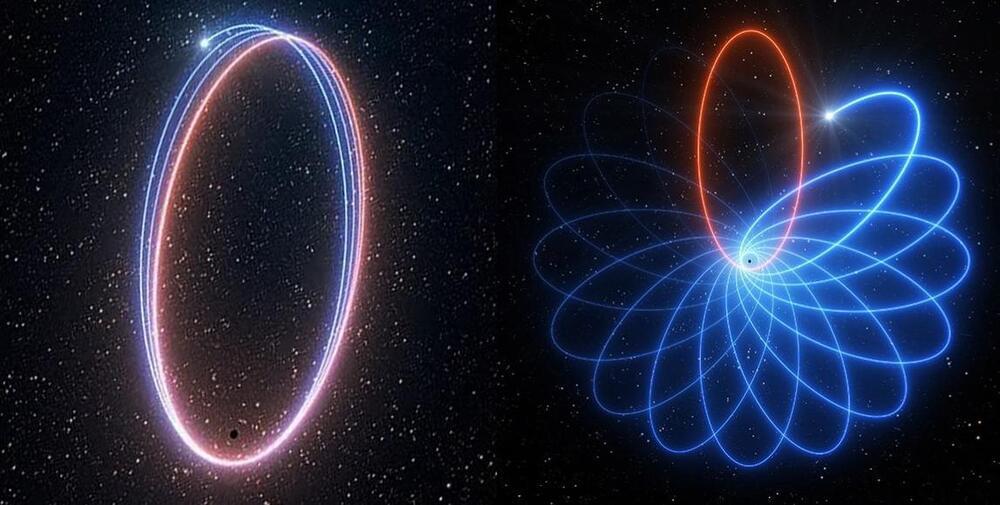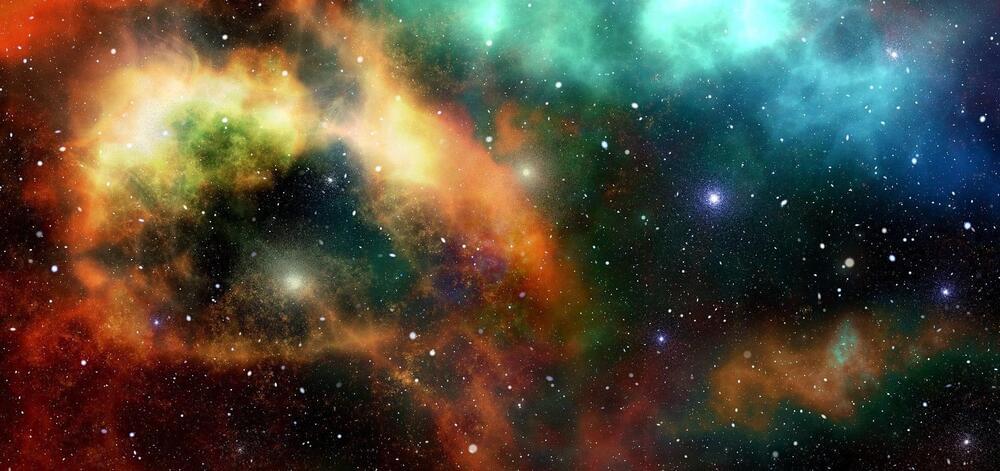Apr 2, 2022
Bridging the Chasm Between Quantum Physics and the Theory of Gravity — “We Have Found a Surprisingly Simple Solution”
Posted by Shubham Ghosh Roy in categories: cosmology, mathematics, quantum physics
Quantum information theory: Quantum complexity grows linearly for an exponentially long time.
Physicists know about the huge chasm between quantum physics and the theory of gravity. However, in recent decades, theoretical physics has provided some plausible conjecture to bridge this gap and to describe the behavior of complex quantum many-body systems, for example black holes and wormholes in the universe. Now, a theory group at Freie Universität Berlin and HZB, together with Harvard University, USA, has proven a mathematical conjecture about the behavior of complexity in such systems, increasing the viability of this bridge. The work is published in Nature Physics.
“We have found a surprisingly simple solution to an important problem in physics,” says Prof. Jens Eisert, a theoretical physicist at Freie Universität Berlin and HZB. “Our results provide a solid basis for understanding the physical properties of chaotic quantum systems, from black holes to complex many-body systems,” Eisert adds.
